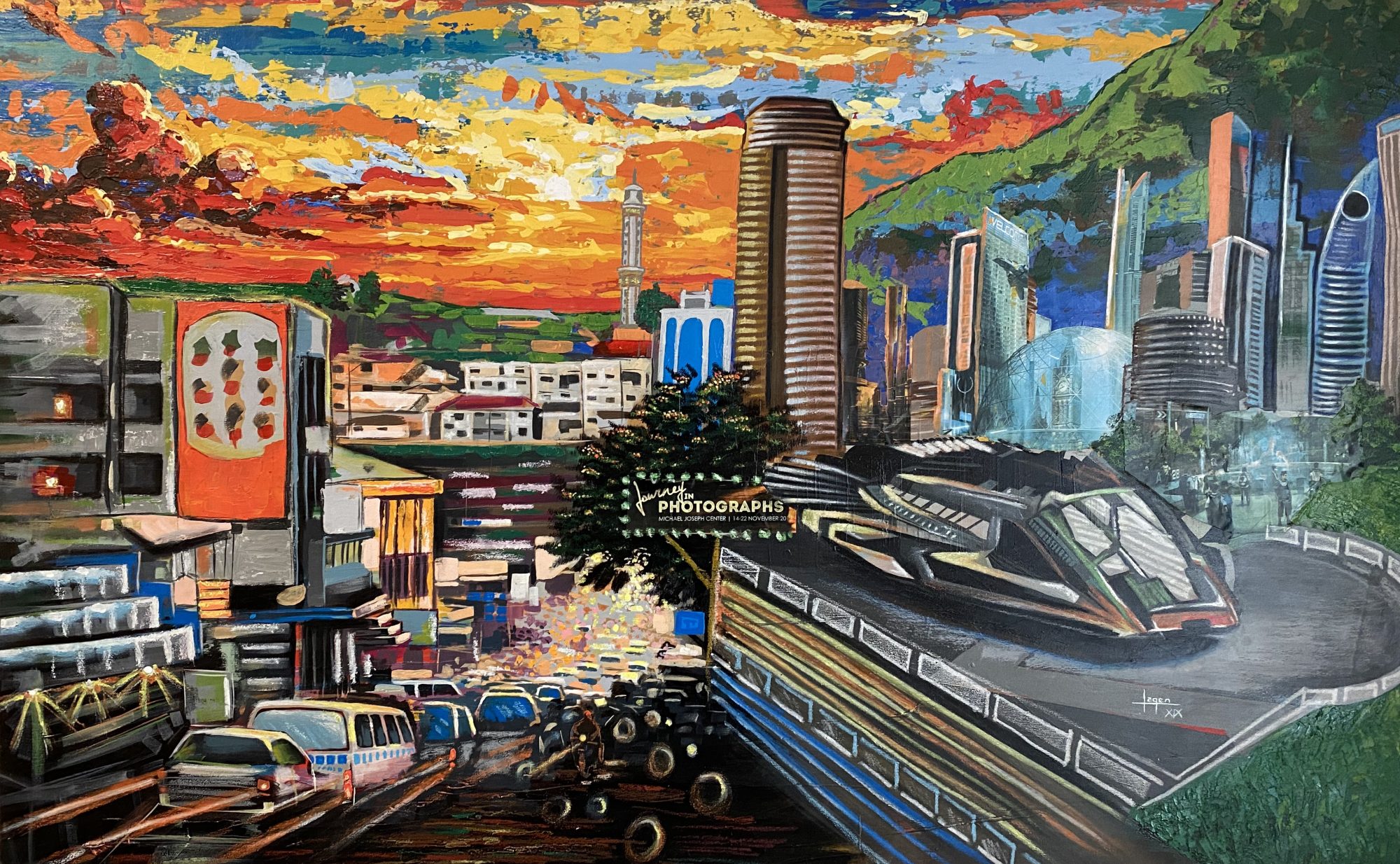Published online April 3, 2012
In the past several weeks there has been much discussion of Africa’s image, prompted in large part by the Kony 2012 video (which has become too exhausting to discuss at this moment).
There are perpetual debates about Africa’s leadership, political or otherwise, and the prospects for continent’s future. These conversations are played out everywhere from the airwaves to your neighborhood bar.
The arguments are not new. Africa gets a bad name and her image is tarnished by unrelenting negative press. Western media, it is argued, is particularly problematic, projecting an image of Africa that paints Africans as both hapless and helpless and the western world as their saviors. The stories that sell are those that deal in death and violence, poverty and hopelessness.
At the same time, the debates on local radio stations and in the streets are often just as pessimistic. Headlines in local papers highlight corruption scandals, the failure of public services and violent deaths.
Why is it so much easier to sell and tell a negative story? The western media alone are not the culprits; bad news sells everywhere. And the pubic is complicit, after all, as consumers of bad news. Critical views, especially those aired publicly, are important for accountability and multi-sided public debate is valuable in its own right. But at some point we have to interrogate our own role in shaping the debates about society, politics, and progress.
I recently returned to Kampala after a 6-month sojourn in the U.S. and as always, I am always amazed by the changes that have taken place while I was away. Granted, I am occasionally greeted by the expansion of a pothole I thought had finally been filled up for good, but more often than not, the changes are positive ones.
Every time I come back there are new buildings that have gone up, new shops that have opened, and new businesses and products breaking into the market. The streets of Kampala are cleaner and less cluttered than when I left them. Fewer matatus crowd the roads and public buses bustle efficiently through town. City garbage collectors dash to their trucks with bags full of trash and scoop up plastic bottles that have clogged drains and ditches. The same is also true, though less surprising, whenever I visit Rwanda.
This time around, I arrived in the midst of a roaring debate about who was responsible for the death of a policeman who had been hit in the head with a stone during a demonstration by the opposition group, A4C. Following this incident, Ugandan president Yoweri Museveni visited the home of the fallen officer, and photos of him with the grieving family were splashed all over the papers. The policeman’s clearly meager existence prompted debates about the poor pay and living conditions of the police, and many saw President Museveni’s house-call as a political maneuver.
I struck up a conversation with a cab driver one evening not long after the demonstration. The young man fully blamed the policemen for the unfortunate event, and remained an ardent supporter of de facto leader of the opposition, and the leader of that particular demonstration, Kizza Besigye. The young man had lived under the same president his entire life, and was tired of Museveni. University graduates can’t get jobs, he said, and everything is run by members of the same ethnic group – the president’s ethnic group. There is no change, he said.
We drove past one of many multi-storied buildings under construction. What about all this construction, I said, pointing – this city is growing and changing every day. He laughed. That building is owned by one of five people, like all the buildings in town. Both of his mobile phones began ringing and we drove on.
There is much to be frustrated about when it comes to governance and political leadership, whether you are in East Africa or elsewhere. Change does not come soon enough, and when it does, it comes in fits and starts. Politicians everywhere tend to flip flop on important issues, and then pick petty fights to derail what would otherwise be good policies. Corruption and unemployment are high, and access to economic and political opportunity is not equal. But the narrative, whether at home or abroad, is often hyperbolic. The positions that get the most attention are those that are most extreme, and thus there is an incentive to make them so.
Bad news sells, and we are just as responsible for this state of affairs as the news organizations we are so quick to castigate. We are addicted to narratives that we hate, and we gravitate toward clichés that we know can’t be true. The same phrases sprinkle news stories time and again, and while we sneer at them, they play a tune we can easily sing along to.
The stories aren’t going away anytime soon, and even good news plays to stereotypes. Senegal’s recent presidential turnover had commentators falling over themselves – they always knew the country had been a “beacon of democratic stability in a troubled West Africa!” Rather than passive consumers of these hackneyed formulas, we fight back, as we should. But no sooner do we switch off the radio than we become producers of our own hyperbolic platitudes.
As we approached home my driving directions periodically interrupted our lively cab-ride conversation – turn right at the dirt road, turn left after that house. There are still no street signs and in the final stretch we bumped along on dusty roads. But alongside them are a string of new homes and a towering apartment complex. A sprawling new shopping mall has sprung up just moments away from home. No need to join the Saturday rush into town to shop these days, which is great news. There are simply too many cars on the road!
